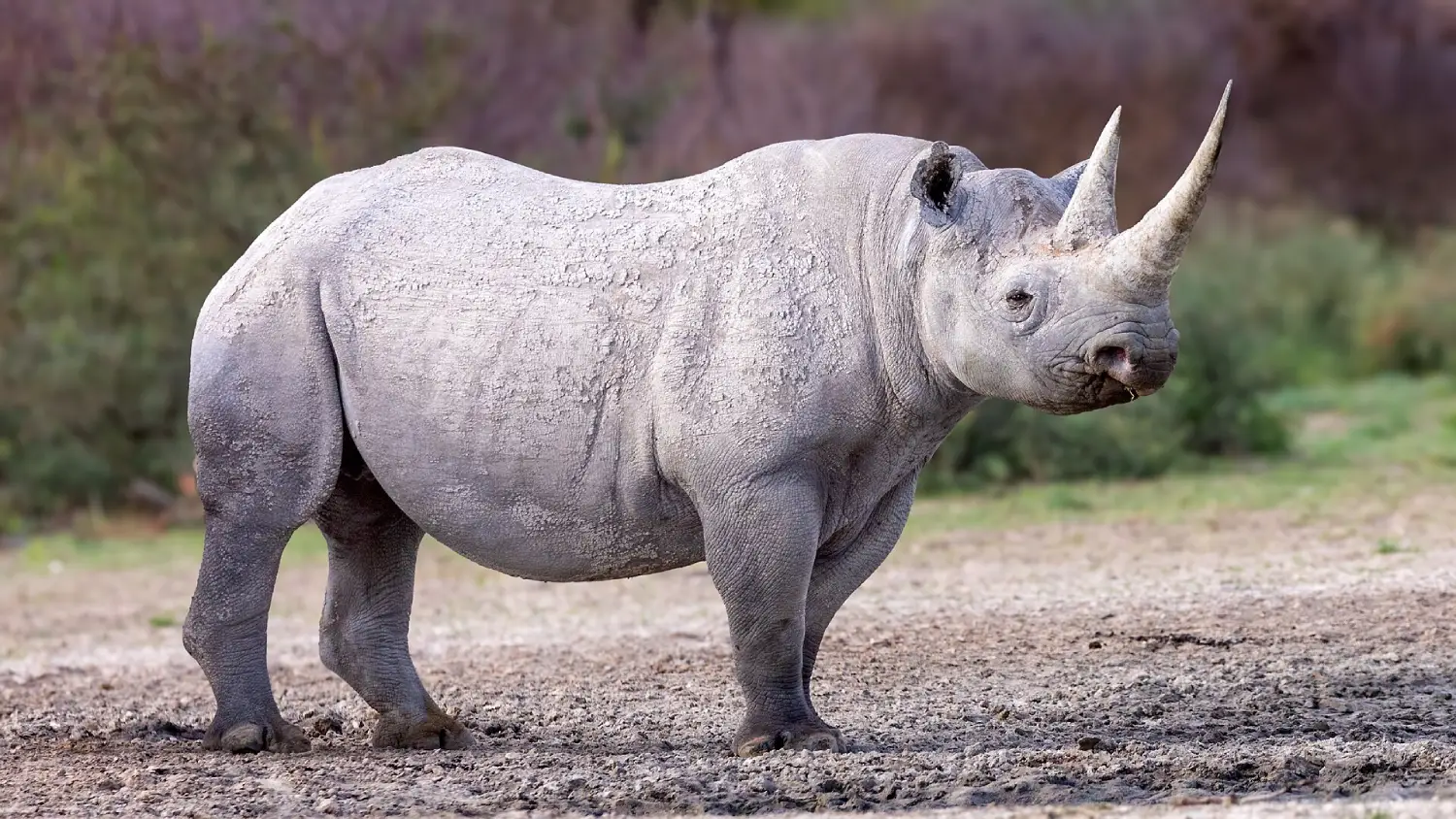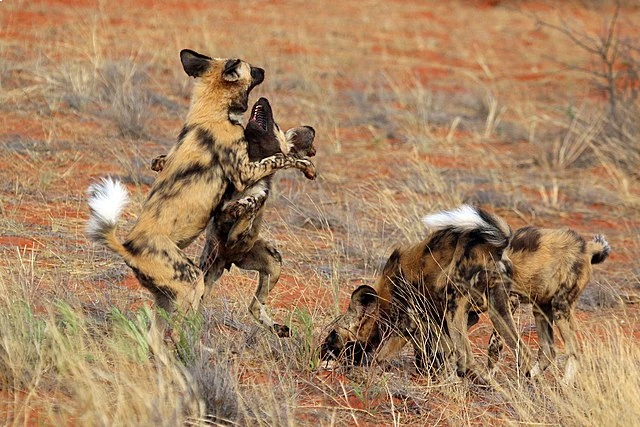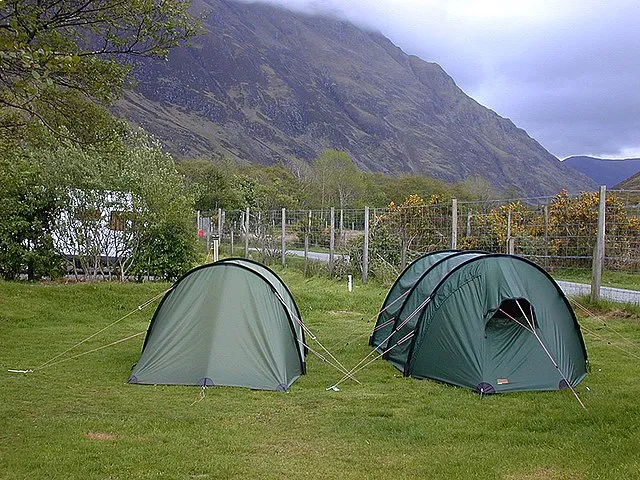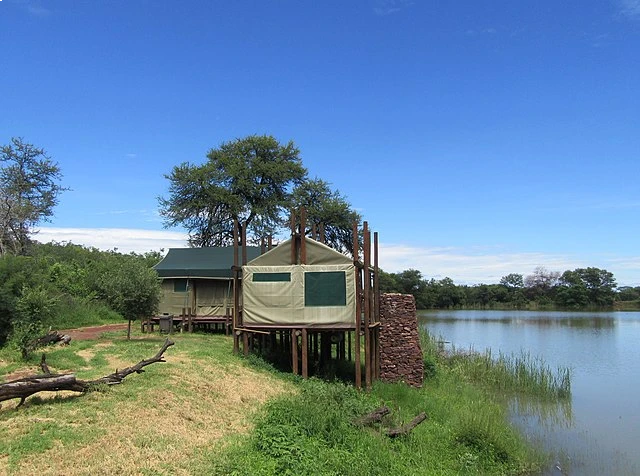Overview
Brief History
Mkomazi National Park, established in 1951 and upgraded to national park status in 2008, covers 3,234 km² in northern Tanzania near the Kenya border. Managed by TANAPA, it’s a critical conservation area for endangered species, notably the black rhino and African wild dog, with successful breeding programs. Its savanna and acacia woodlands support diverse wildlife, making it a hidden gem for safaris.
Climate and Accessibility
Accessible by road from Arusha (120 km, 2-3 hours) or charter flights to Mkomazi airstrip. The dry season (June-October) is best for wildlife viewing, with temperatures of 20-30°C. The wet season (November-April) brings 600-800 mm rainfall, enhancing vegetation but making some roads challenging.
Highlights
- Black rhino sanctuary
- African wild dog conservation
- Acacia woodlands
- Giraffe and eland populations
- Birdlife (over 400 species)
- Views of Kilimanjaro and Usambara Mountains

Black Rhino

African Wild Dog
Tourism Activities
Game Drive: Explore savannas to spot black rhinos, wild dogs, giraffes, and antelopes.
Walking Safari: Guided walks to observe smaller wildlife and birdlife.
Birdwatching: Spot over 400 species, including vultures, hornbills, and Shelley’s starling.
Conservation Tours: Visit the rhino and wild dog breeding programs for an educational experience.
Accommodation
- Public campsites with basic facilities (flush/pit toilets, showers).
- Tented camps and lodges, such as Mkomazi Tented Camp.

Campsite

Tented Camp
Pricing
Entry fees: $59/adult (high season, July-March, May-June), $53.10/adult (low season, April). Camping: $70.80/adult (high season), $59/adult (low season). Payments via credit card or TANAPA smart card. Click here to view our packages or request a tailored tour below.
Plan Your Adventure
Fill out the form below to inquire/book your tour. Our team will contact you to confirm your booking and finalize details.
Customer Reviews
“Amazing value for money! Saw so much wildlife!” – Emma, UK, Apr 2025
“The camping was fun, and the guides were fantastic.” – Liam, Australia, Mar 2025
“Great budget option, loved the Serengeti!” – Sofia, Canada, Feb 2025
Frequently Asked Questions
Comfortable clothing, sturdy shoes, hat, sunscreen, insect repellent, and a camera.
Most nationalities require a visa for Tanzania. Check with your embassy.
Yes, campsites are secure with trained staff and fenced areas where needed.
June–October for dry season and wildlife viewing; January–February for calving season.